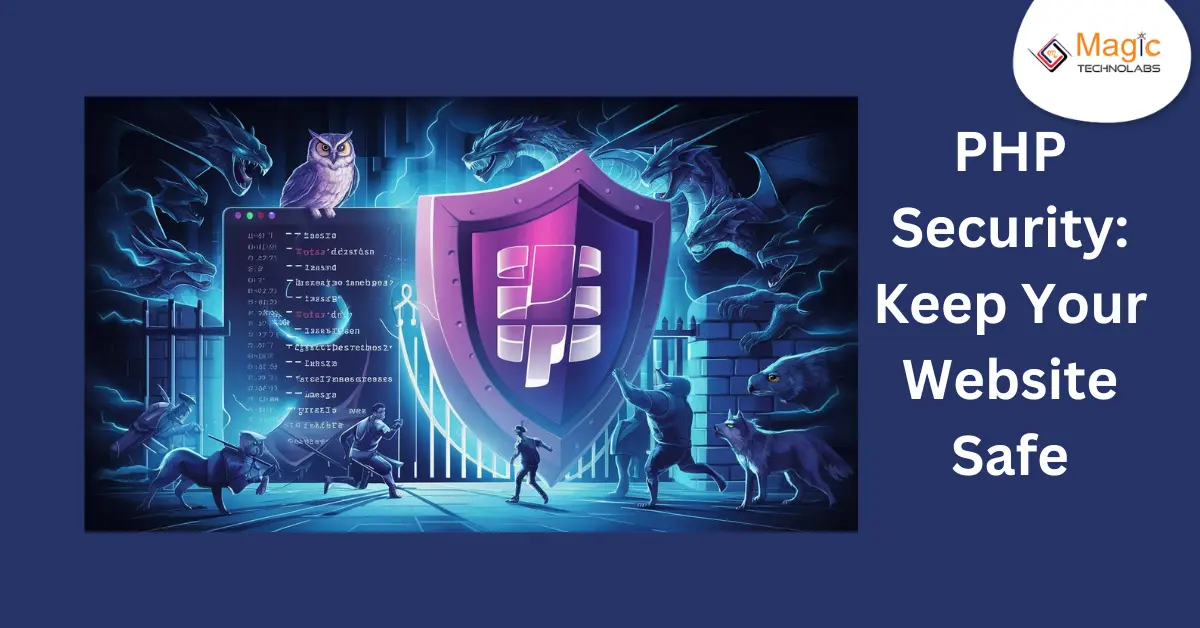Thus, PHP continues to maintain its prevalent positions among the popular tools for web development while still actively used by millions of sites. But again, this finding also enhances its vulnerability owing to the fact that; it is popular. Fortunately, it is possible to minimize the threat of breaches and enhance the sites’ security with the help of specific measures.
1. Keep PHP Up-to-Date: In this regard, it can be stated that outdated software is also vulnerable. Generally check for new PH Bs version so that you can be able to fix the security issues as well as other bugs. This reduces the likelihood of the attacker capitalizing on already established vulnerabilities.
2. Leverage Session Management: Sessions make users to be logged in even if the visits are different. They should ensure that they adopt proper secure session management. HttpsOnly and Secure flags should be used applied to all cookies having session information for the purpose of ensuring their data is encrypted. Establish session time out to force users out of the session after a certain time of idle and think of regenerating session IDs after some time for more security.
3. Embrace Prepared Statements: When performing operations on the databases, always go for prepared statements. In the mechanisms listed below, SQL injection is avoided because the data is pulled from the SQL query string without being included within the query string. This (declaration) also guarantees that data is processed literally and, therefore, cannot be interpreted as code and executed.
5. Use Strong Passwords: Make sure that your users follow the correct password policies, and never store passwords in clear text. To store the passwords there should be used hashing algorithms for that purpose bcrypt or Argon2.
6. Use a Secure Framework: One of the recommendations is that to increase the security it is possible to use one of the widely known PHP security frameworks. These frameworks provide standard components to deal with a given flaw, or enhance programs and applications with efficient and secure coding solutions.
7. Regularly Test Your Website: Le programs that you do not have to wait for an attack to occur. Always scan your website for security weaknesses using security scanners or seek the services of penetration testing. This will assist in pointing out any stupidities and gaps that the opposition can take advantage of, before they do.
8. Stay Informed: Security is a perpetual subject to change due to the dynamics involved. Always know the current PHP threats, as well as the recommended measures to take. To avoid falling into these pitfalls, one should opt into security advisories and read from other credible sources.
When you start to approach PHP security, you clearly show that you value your website and your visitors’ data. Building and sustaining sound security strategies make clients to trust the website besides improving on the quality of their experience as well as protecting the website from vandals.
















